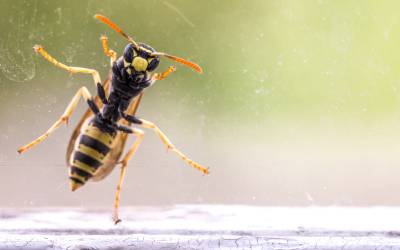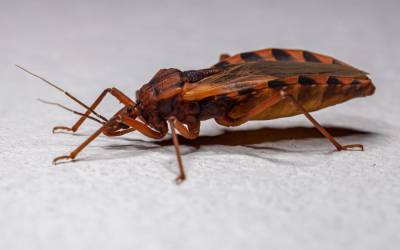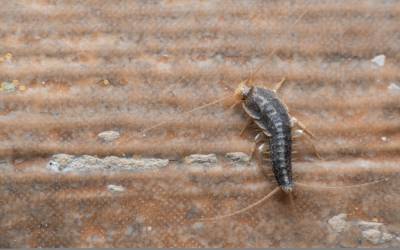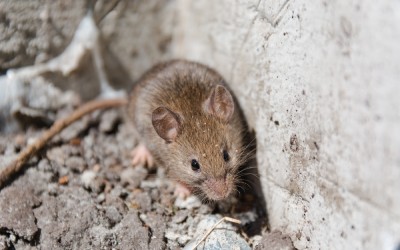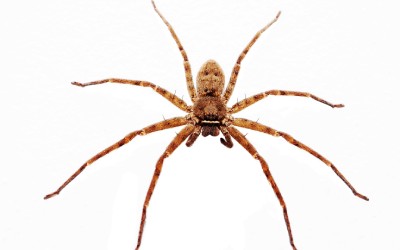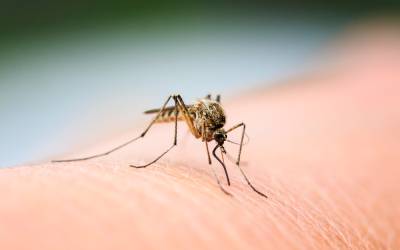Picture this: it’s a glorious summer’s day, and you eagerly step outside, relishing the warmth of the sun on your skin. The gentle breeze carries the sweet scent of blooming flowers, and the world seems alive with vibrant colors and joyful sounds. You envision a day filled with outdoor adventures, picnics, and maybe even a refreshing swim. However, amidst this picturesque scene lies an unexpected threat, lurking in the tall grass and leafy trails, ready to disrupt your idyllic summer experience: ticks.
Ticks, those tiny pests that latch onto the unsuspecting passersby, can quickly turn a beautiful day into an itchy and worrisome nightmare. Their presence not only poses a nuisance but also brings potential health risks. From transmitting diseases such as Lyme disease, babesiosis, and anaplasmosis, ticks have gained notoriety as a significant concern for outdoor enthusiasts during the summer months. But don’t worry – with the right tips and tricks, you can protect your pets from ticks all summer long.
How to Keep Ticks Off Your Dog
Preventing tick bites is not merely a matter of convenience; it is a vital step in safeguarding your health and ensuring a worry-free summer. Here are some of the most effective ways to keep your furry friends safe from ticks:
Check Your Pets Daily
After every outdoor adventure, take a few minutes to check your pet’s fur for those pesky parasites. Look everywhere, from nose to tail, and do not let any tick hide. If you find one, it is time to act! Use tweezers or a tick remover tool and get rid of them fast.
Avoid Tick Territory
One of the best ways to prevent ticks is to keep your pets from wandering into tick hot spots. These tiny pests often hide in tall grass, ready to pounce. Keep your pup on groomed trails and paths, away from tick traps. You can also make your backyard a tick-free zone by mowing and clearing debris.
Bathe Your Pets Regularly
Routine baths can help you discover any ticks or prevent new ones from hopping into your pet’s fur. Grab a mild dog shampoo and get ready to lather up. Wash your pup from head to toe, checking for any sneaky ticks. You can also try adding some apple cider vinegar or lemon juice, which are natural tick repellents.
Try a Tick-Proof Dog Vest
When it comes to protecting our furry companions from the dangers of ticks, one effective solution worth considering is tick-proof dog vests. These specialized garments offer a shield of defense against ticks, minimizing the risk of infestation and potential tick-borne diseases. Tick-proof dog vests are designed with durable, tightly-woven fabrics that create a physical barrier, preventing ticks from attaching to your dog’s fur.
Talk With Your Veterinarian
Your vet is your tick-fighting expert. Ask them about tick prevention to get personalized, pet-friendly advice. They will give you expert advice and the best products for your dog’s needs—whether collars, sprays, drops, pills, or vaccines, your vet has it all.
Get Professional Tick Prevention
When ticks take over your property and your pet, it is time to call Inman-Murphy, Inc. They are the tick-busting pros. By using Integrated Pest Management (IPM) techniques, they can provide personalized and environmentally responsible solutions that will keep ticks out of your backyard. No more ticks, just peace of mind.
Do not let ticks hold your pet’s adventures hostage. Take charge, pet parents! Call Inman-Murphy, Inc. to learn more about their exceptional pest control services.


